‘Small fish, consumed whole, including the head, organs and bones, pack a bigger punch in terms of vitamins, minerals and omega-3 fatty acids’
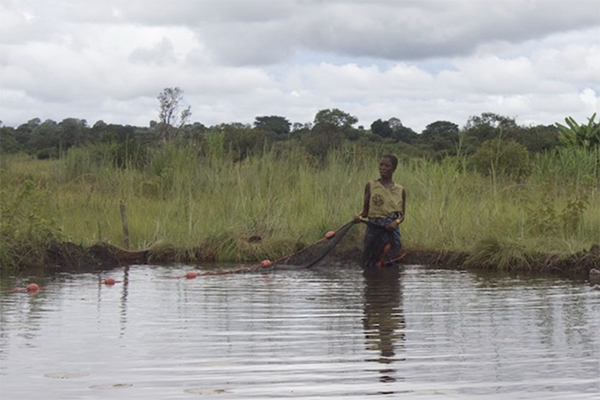
Scientists from the University of Stirling’s Institute of Aquaculture and the group WorldFish published an open-access paper that says fish polyculture, or farming multiple species in one system, can supplement capture fisheries and other types of farming.
The paper, ‘The role of aquaculture and capture fisheries in meeting food and nutrition security: Testing a nutrition-sensitive pond polyculture intervention in rural Zambia’ was published in the scientific journal Foods. The study’s findings are distinct from other assessments of how aquatic foods can improve food and nutrition security by considering household consumption of fish from diverse sources.
“Polyculture of small and large fish species in homestead ponds improves food and nutrition security of households as well as reduces micronutrient deficiencies, especially in pregnant and lactating women and children in the first 1,000 days of life,” said co-author Shakuntala Haraksingh Thilsted, WorldFish’s global lead for nutrition and public health and the 2021 World Food Prize Laureate.
“Small fish, consumed whole, including the head, organs and bones, pack a bigger punch in terms of vitamins, minerals and omega-3 fatty acids as compared to the fillet of large fish.”
Thilsted has examined the nutritional composition of indigenous small fish species found and consumed in Bangladesh and Cambodia and demonstrated that these aquatic foods offer benefits for children’s cognitive development in the early stages of their life and the nutrition and health of their mothers.
WorldFish scientists took her lessons to Zambia’s smallholder homesteads, which stock various micronutrient-rich small fish species commonly found in wetlands, rivers and streams.
Eat the whole fish: A discussion of culture, economics and food waste solutions
The authors stated that polyculture systems with indigenous small fish species have the potential to improve the nutrient intake of households during closed fishing seasons. This is especially pertinent for people living in parts of Zambia where fish is their primary source of animal protein.
“While ponds provide an important supply of fish – polyculture ponds provide a good source of diverse, micronutrient-rich small fish species – however, the amount of fish from the wild, especially small fish species from the large lakes that are dried, play a more significant role in people’s nutrient intake,” said lead author Alexander Kaminski.
Follow the Advocate on Twitter @GSA_Advocate
Now that you've reached the end of the article ...
… please consider supporting GSA’s mission to advance responsible seafood practices through education, advocacy and third-party assurances. The Advocate aims to document the evolution of responsible seafood practices and share the expansive knowledge of our vast network of contributors.
By becoming a Global Seafood Alliance member, you’re ensuring that all of the pre-competitive work we do through member benefits, resources and events can continue. Individual membership costs just $50 a year.
Not a GSA member? Join us.
Author
Tagged With
Related Posts
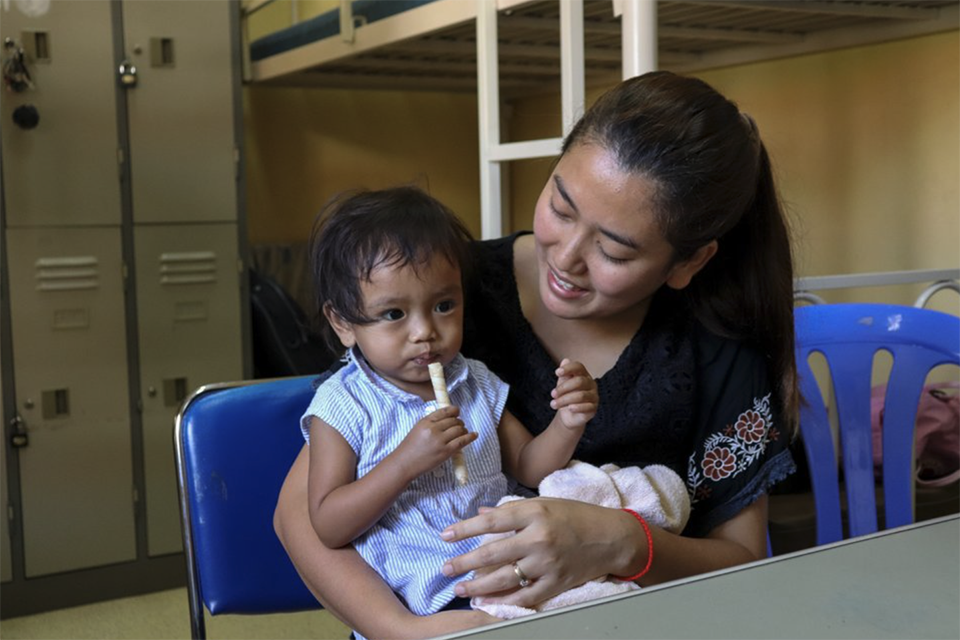
Responsibility
Eat the whole fish: A discussion of culture, economics and food waste solutions
The Big Fish Series explored the logistical and cultural challenges in front of greater whole-fish consumption and how much seafood is being wasted.
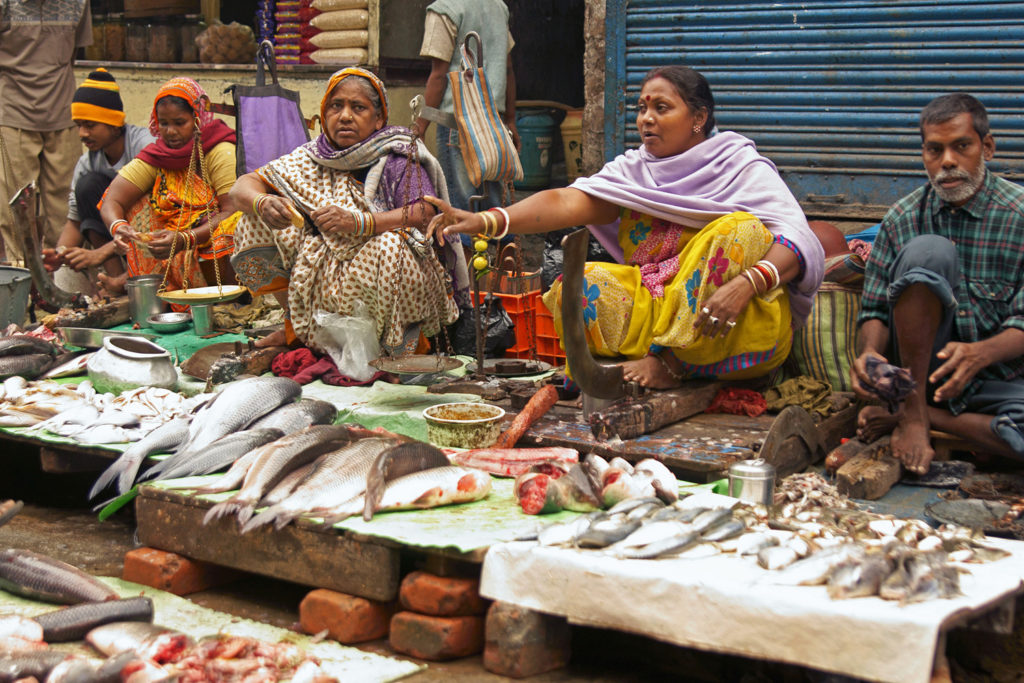
Responsibility
For global nutrition needs, aquatic foods remain overlooked
Aquatic foods can help to deliver resilient global food systems and to support critical periods of human development, a new UN paper determines.
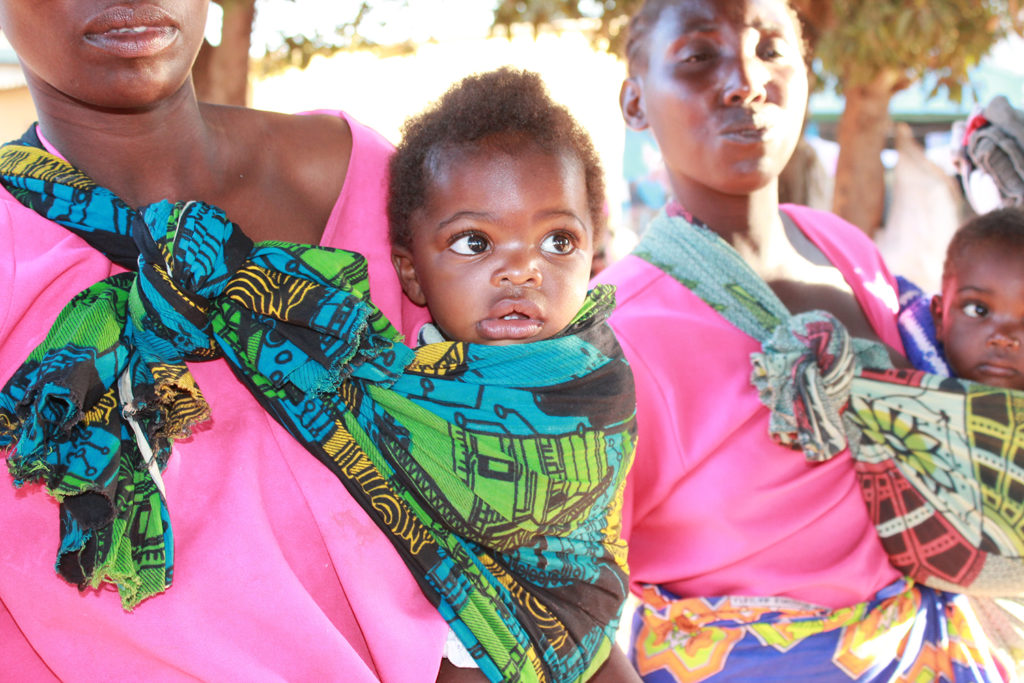
Responsibility
An African prison where fish will be farmed and lives saved
A nonprofit organization working to improve conditions in African prisons is hoping tilapia ponds, tended to by inmates, will aid in their nutrition. A small donation from the Global Aquaculture Alliance will go a long way.
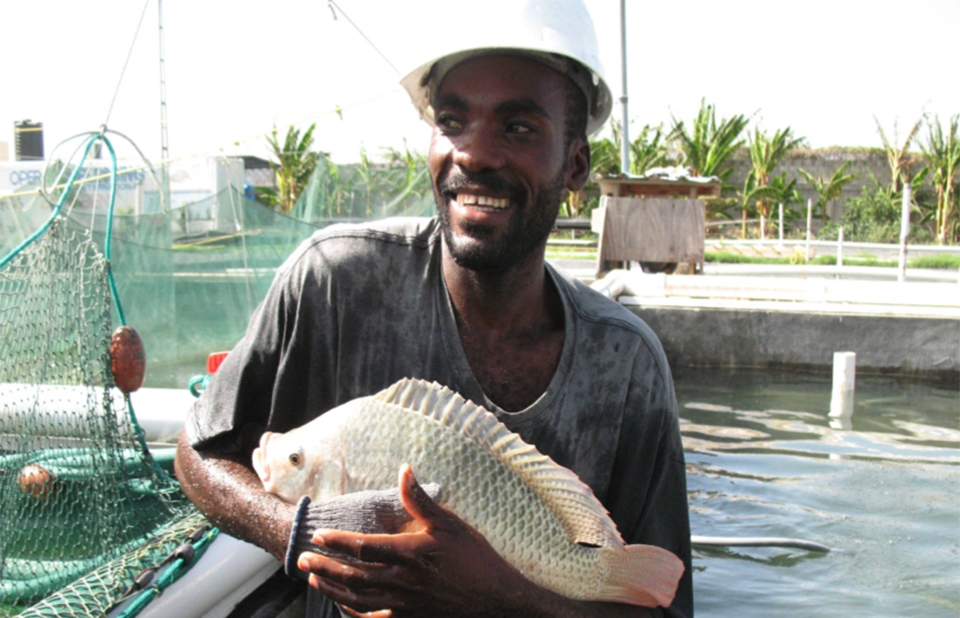
Responsibility
Haiti’s hatchery of hope
Built on a dream of feeding some of the world’s poorest and most vulnerable people, a charity-built tilapia hatchery in Haiti now learns to stand on its own.



